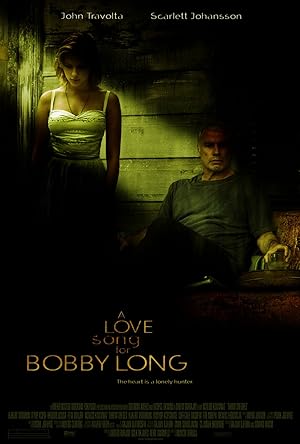Crash

Scott Hardie: “It ruled.”
[Major spoilers ahead.] Paul Haggis and Bobby Moresco deserve a lot of credit for making an intelligent film about race that defies political correctness, but their willingness to embrace negative stereotypes undermines the otherwise accomplished production. They establish a pattern of double-reversals: After introducing characters who are unlike crude racial stereotypes, they pull the rug out from under you by revealing that the characters are in fact just like the stereotypes, then do it again by revealing that no, actually, they are not. Each time the first such twist occurs, the film seems to shoot itself in the foot like “American History X” did, preaching a message of racial acceptance while revealing black people to be thuggish criminals and white people to be justifiably paranoid. By the time the second twist arrives and the characters turn out to be the decent, reasonable human beings we assumed from the beginning, we wonder what the point was, since we were only manipulated into believing otherwise (if we believed it at all). The movie makes a great show of its characters discovering that their racial prejudices are wrong, a pattern that threatens to make it predictable, but does it amount to anything? “Do the Right Thing” reveals that its characters are not really racist, that their racism is only an embodiment of their much deeper, hard-wired anxieties; when “Crash” reveals that its characters are not really racist, it shows that their racism is only a plot contrivance.
But I’m being too hard on the film. In most regards it’s great stuff: These are interesting, well-spoken characters, who are not always meant to be taken seriously. There’s humor in the film; I especially liked Ludacris’s pompous criticisms of lowbrow black culture while slinging the n-word around himself (and that’s not even mentioning the ironic casting of the part). And there are moments of raw tension, too, as when Terrence Howard challenges white cops to do what he has always expected them to do, or when Thandie Newton must place her life in the hands of a monster in what is clearly the film’s brightest flash point. I, for one, loved the “Magnolia”-like meta-twist at the end that bound these characters together on a night that made meteorological history. If every scene in the film is not entirely convincing (would a black director cave that quickly to pressure from a racist coworker after presumably facing a career full of prejudice?), every emotion is, mapping terrain with peaks of suspense and valleys of anguish. It’s an impressive debut from a filmmaker clearly conscious of his medum’s ability to craft a strong message; I just hope that his next message has more to do with actual reality and less to do with Hollywood reality.
− date unknown • more by Scott • log in or register to reply
Want to join the discussion? Log in or register to reply.
write your own review of Crash
Other Movies from 2005

Hostage
Scott Hardie says, "It was ok." Go »
Hotel Rwanda
Scott Hardie says, "It ruled." Go »
Imaginary Heroes
Scott Hardie says, "It sucked." Go »
In Good Company
Scott Hardie says, "It ruled." Go »
A Love Song for Bobby Long
Scott Hardie says, "It ruled." Go »










